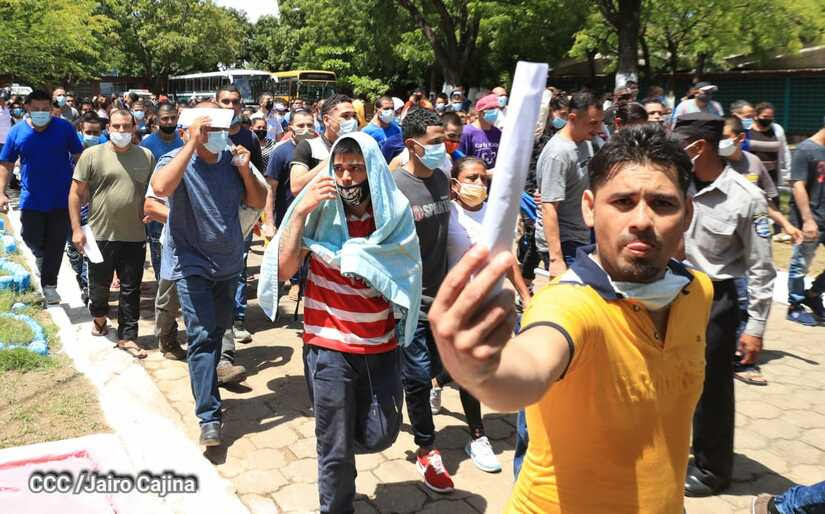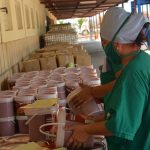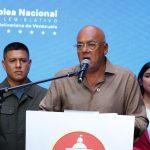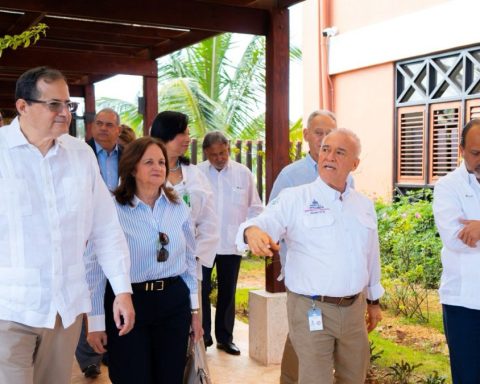The deputy dictator of Nicaragua, Rosario Murillo, announced that her regime will send 2,500 common criminals who are detained in various prisons in the country to family coexistence, but it keeps 37 political prisoners in prison, subjected to cruel, inhuman and degrading treatment, according to complaints from local and international organizations.
In his daily litany in the propaganda media, Murillo explained that the common prisoners that will be sent under this regime are 830 from the Tipitapa Penitentiary System; 530 from Grenada; 425 from Matagalpa; 196 from Estelí; 164 from Juigalpa; 148 from Chinandega; 113 from León and 94 from Bluefields.
«All these people will meet their family in these days that precede Holy Week. This is a family gathering that celebrates this passion, this hope and this resurrection,” Murillo said this afternoon. These releases will take place this Friday, March 31, on the eve of Holy Week, as is customary during the dictatorship, the state official said.
Related news: Nicaraguan regime frees 1,400 common prisoners for Christmas
«The passion full of hope, transcends pain and promises us the resurrection of Christ Jesus in our hearts. 2,500 people who have been detained in the different penitentiary centers of the country will reunite with their families tomorrow for a new opportunity in life”, he added.
Between 2014 and 2022, the Nicaraguan government released 38,540 prisoners from prison, for an annual average of 4,282 parole orders decreed directly by the Executive.
The release of common prisoners before serving their sentences has been criticized by feminist organizations, such as the Women’s Network against Violence, arguing that behind these benefits there is an increase in femicides and crime in general in Nicaragua.
The Ortega government usually grants probation to common prisoners on Easter, Mother’s Day, Father’s Day, on the anniversary of the Sandinista revolution and on Christmas holidays.
According to the Mechanism for the Recognition of Political Prisoners in Nicaragua, in the country there are 37 people deprived of their liberty for political reasons, most of them detained after the social protests that began in April 2018.
















